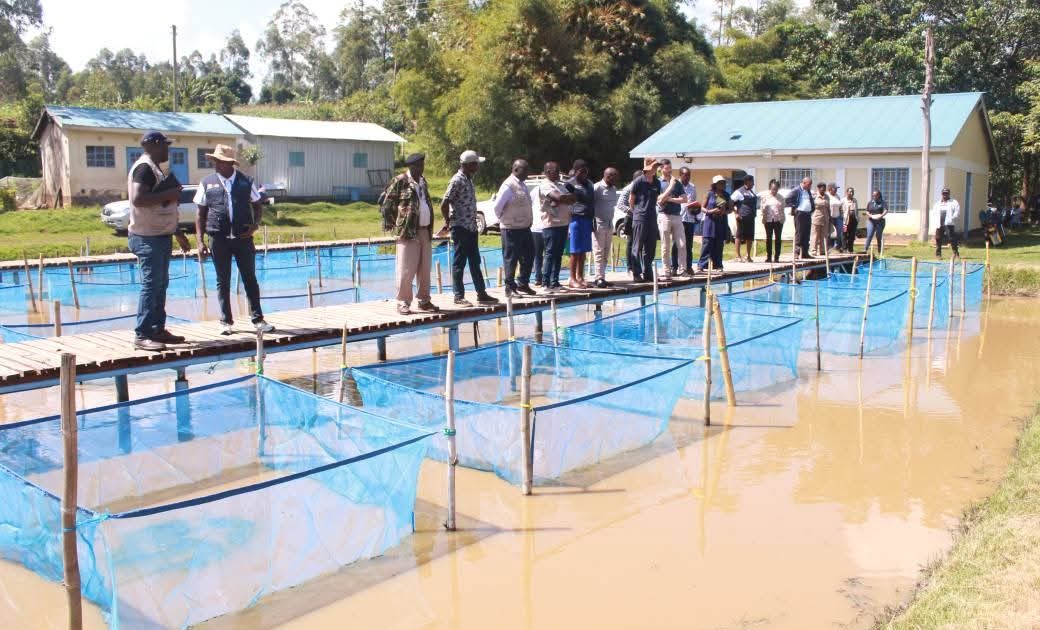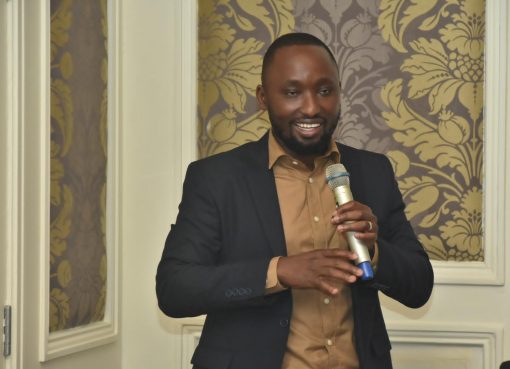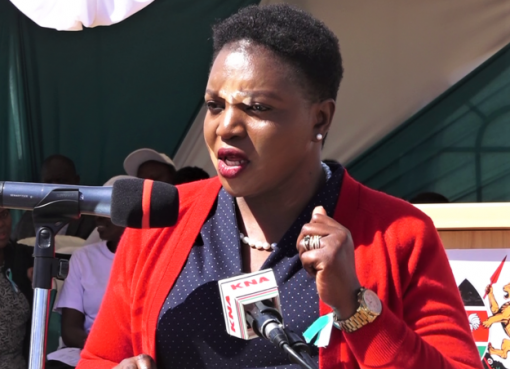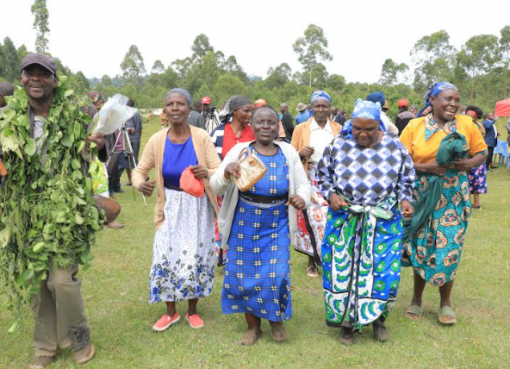A joint mission team comprising the Government of Kenya (GOK) and the International Fund for Agricultural Development (IFAD) from the Aquaculture Business Development Programme (ABDP) paid a courtesy call to Vihiga County Governor, Dr. Wilber Khasilwa Ottichilo.
Led by IFAD Country Program Coordinator Ronald Ajengo, the team is in the country to monitor the progress of the Norwegian Agency for Development Cooperation (NORAD)- Advancing Resilient Nutrition-Sensitive Aquaculture (ARNSA) project.
In his remarks, Governor Ottichilo commended the team for selecting Vihiga County as a beneficiary of the project, noting its significant impact on enhancing smallholder aquaculture and improving nutrition resilience.
He said the county government of Vihiga is committed to the program. “We have recruited and trained more officers to build capacity and ensure the program runs smoothly,” said Governor Ottichilo.
However, he raised concerns about the high cost of commercial fish feeds, a persistent challenge for fish farmers. The Governor emphasized the need for locally-produced alternatives and lauded the involvement of youth in innovative solutions such as Black Soldier Fly (BSF) farming.
This farming offers a sustainable and efficient method for producing fish feeds, provides a cost-effective and environmentally friendly alternative to traditional feed sources.
“The county has allocated land for youth groups to produce organic fertilizer using organic waste, contributing to both environmental sustainability and agribusiness development,” he said
“We are shifting away from manufactured feeds to sustainable, locally-produced alternatives that are both nutritious and affordable,” he added.
Governor Ottichilo urged fish farmers to unite under aquaculture cooperatives (saccos) to enhance their bargaining power and promote value addition in fish products.
“We need our farmers to come together. We need an aquaculture SACCO to unify our efforts and grow the sector,” he stressed.
As part of the visit, the team toured Nyang’ori Boys High School, where integrated farming involving fish, poultry, and vegetable cultivation is being practiced. They also visited farmers at Mwitoko Hatchery, engaging with grassroots beneficiaries of the NORAD/ARNSA project.
IFAD Lead Regional Technical Specialist for Environment, Mr. Clause Reiner, emphasized the importance of monitoring the project’s impact and sustainability as it approaches its conclusion in one year.
“We are here to assess how this project has improved your livelihoods and how you plan to sustain the benefits beyond the program’s lifespan,” said Reiner.
Farmers expressed appreciation for the initiative, noting improvements in access to quality fingerlings, fish nets and feeds.
One beneficiary, Ms. Ailes Kerubo, shared how the training and support from extension officers have empowered women in aquaculture.
“We are grateful. Our extension officer trained us well and encouraged women to take up fish farming. We can now earn an income and are proud of what we’ve achieved,” she said.
County Project Coordinator, Wilson Munala, acknowledged that 450 selected fish farmers and two schools—Nyang’ori Boys and Moi Girls Vokoli— received fingerlings, predator and bird nets, and feeds. Additionally, the Directorate of Fisheries received a vehicle and three motorcycles to enhance extension services. Munala also announced plans to establish Smart Fish Kiosks in high-traffic areas, such as Kaimosi, to help farmers access markets and boost sales.
By Rose Wasike





